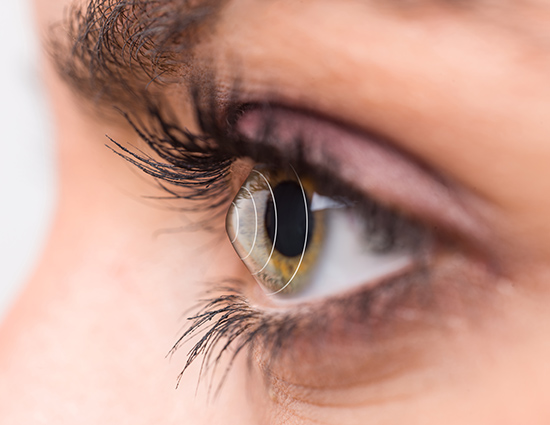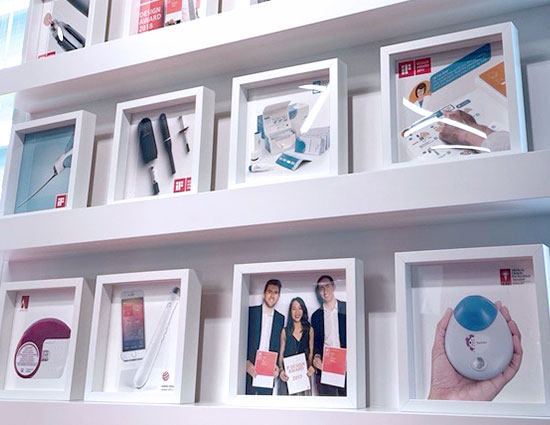Insights
From stratospheric antennas to implantable bio-sensors, from the thermodynamics of carbon capture to quantum technology and AI-designed biology, we use deep tech to challenge and change the status quo.
Read our latest research and insights to help you see beyond the innovation hype and find out how emerging technologies are solving important business problems.

A potential gamechanger for the treatment of keratoconus

A guide to AI implementation in critical infrastructure

From stealth mode to the shock of the new – how deep tech can boost company valuation

Our people-centric design innovation is recognised on the global awards stage
The path to scalable compute for 6G and AI? Silicon diversity

Generative biology breakthrough from Capgemini – PharmaTimes

Capgemini reveals gen AI-driven breakthrough to accelerate the bioeconomy

Climate Tech SuperCluster accelerator launches


